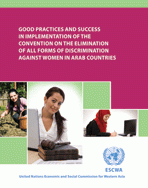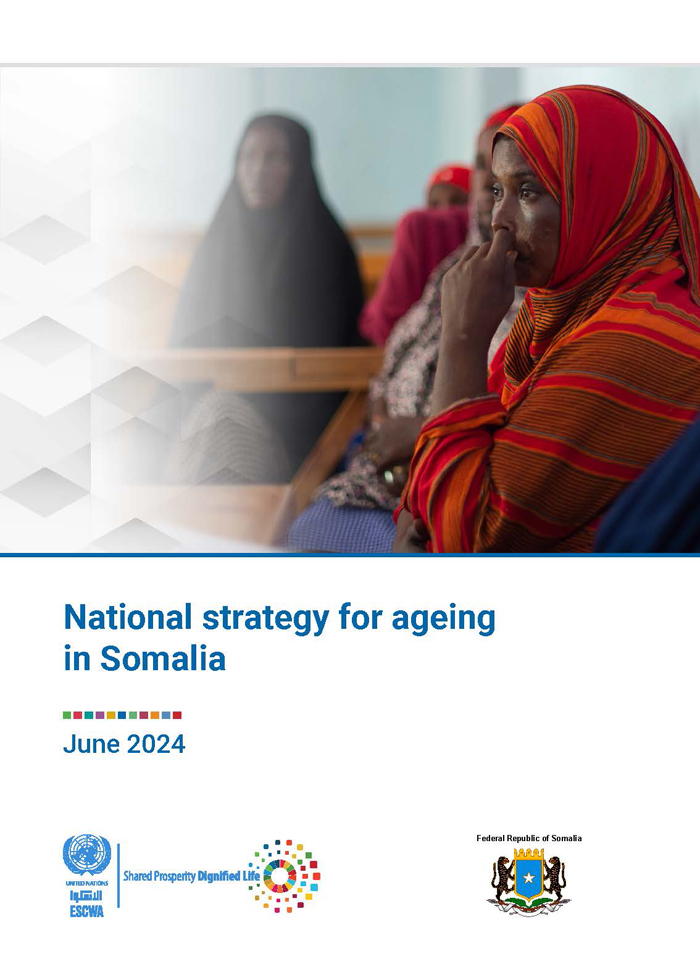
ESCWA Publication: E/ESCWA/ECW/2011/3
Country: Arab region, Kingdom of Bahrain, Arab Republic of Egypt, Hashemite Kingdom of Jordan, Kingdom of Morocco
Publication Type: Reports & studies
Cluster: Gender Justice, Population and Inclusive Development
Focus Area: Gender equality
Initiatives: Women’s rights and gender mainstreaming
SDGs: Goal 5: Gender Equality
Keywords: Women's rights, Laws and regulations, Gender discrimination, Islamic law, Early marriage, Gender-based violence, Women's rights
Best Practices and Successful Experiences in Implementation of the Convention on the Elimination of All Forms of Discrimination against Women in Arab Countries
January 2011
This study aims at presenting and analyzing successful experiences and good practices in the implementation of the Convention on the Elimination of All forms of Discrimination Against Women (CEDAW) in Arab countries, as well as those related to the withdrawal of reservations and the activation of the convention. It sheds light on the role of civil society organizations, women’s movements and international organizations in inciting governments to adopt necessary measures and issue legislation to eliminate discrimination against women.
The study shows as well that most Arab countries are no longer capable to distance themselves from the growing influence of civil society, respecting political pluralism, and expanding the margins of freedom and democracy, despite the gradual aspect of such transformation. The study concludes with a number of recommendations on the harmonization of national legislation and the core of CEDAW and its requirements; bridging the gap between legal equity and real equity between women and men; the importance of partnerships with civil society organizations and women’s organizations; and the role of those independent and organized entities that defend women and their causes.
Related content
Gender equality
,
This study aims at presenting and analyzing successful experiences and good practices in the implementation of the Convention on the Elimination of All forms of Discrimination Against Women (CEDAW) in Arab countries, as well as those related to the withdrawal of reservations and the activation of the convention. It sheds light on the role of civil society organizations, women’s movements and international organizations in inciting governments to adopt necessary measures and issue legislation to eliminate discrimination against women.
The study shows as well that most Arab countries are no longer capable to distance themselves from the growing influence of civil society, respecting political pluralism, and expanding the margins of freedom and democracy, despite the gradual aspect of such transformation. The study concludes with a number of recommendations on the harmonization of national legislation and the core of CEDAW and its requirements; bridging the gap between legal equity and real equity between women and men; the importance of partnerships with civil society organizations and women’s organizations; and the role of those independent and organized entities that defend women and their causes.



